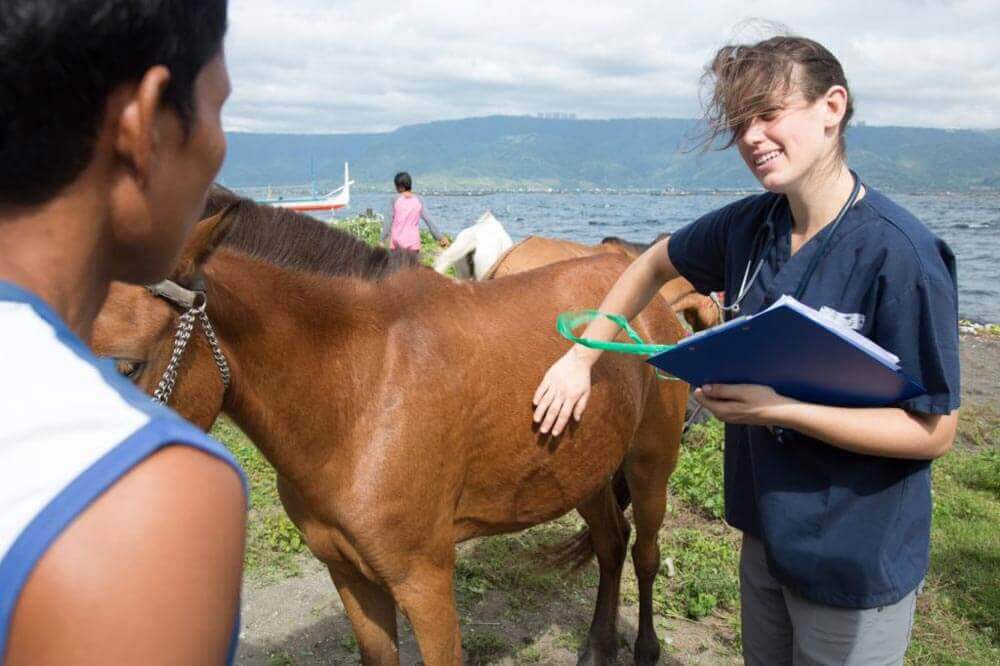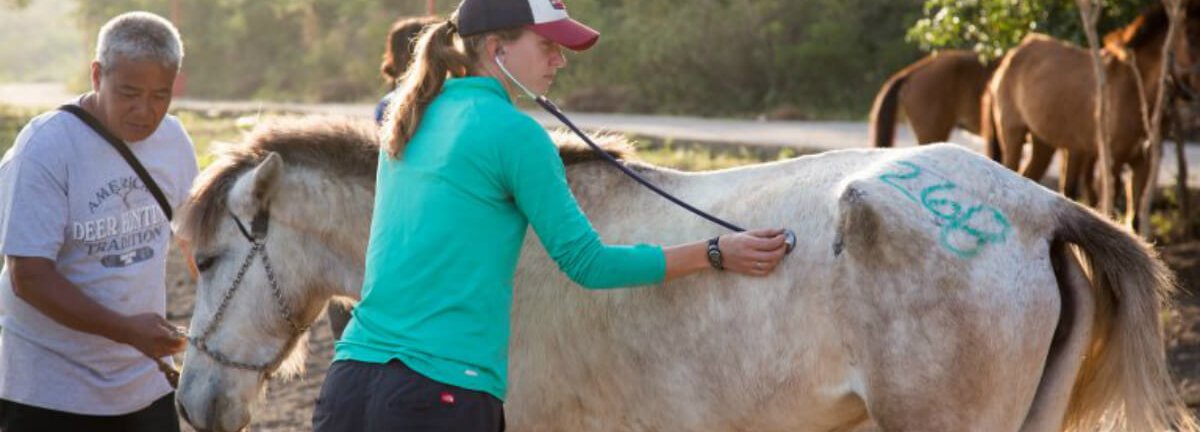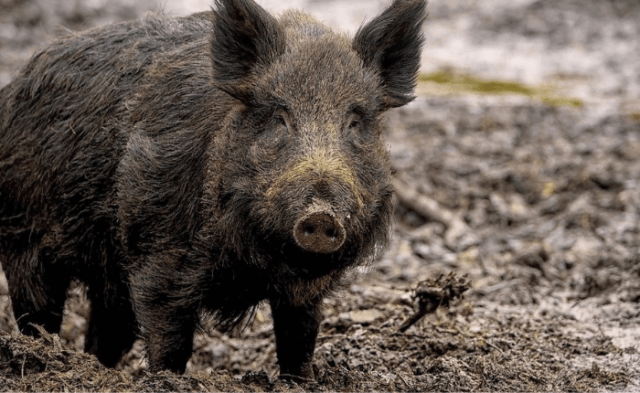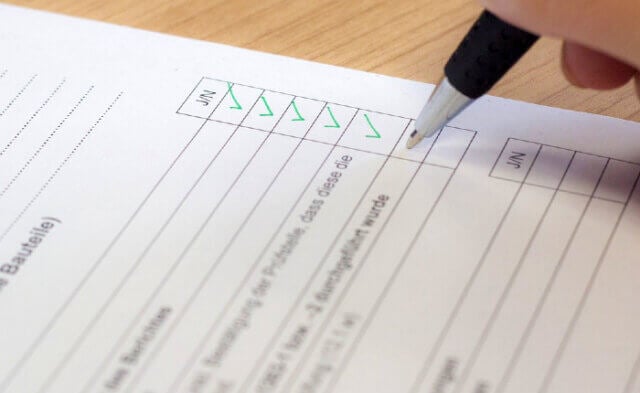PETA Asia Brings Urgent Vet Care to Horses Forced up a Mountain
By Ashley Fruno Director of Animal Assistance Programs, PETA Asia
The villager rushed over to me, carrying his dog Mika in his arms. “Look, ma’am. Gumaling na siya! (He’s healed already!),” he announced excitedly.
Mika, who had been suffering from severe mange, was one of hundreds of animals–mostly working horses but also dozens of village dogs–who were treated by a PETA Asia–funded team on the picturesque volcanic island of Luzon in the Philippines.
Tourists come in droves to see the Taal volcano, and villagers rent out horses to carry them to the summit. But in contrast to the lush, tropical landscape and breathtaking views that draw vacationers, the locals and their horses eke out a meager existence. The animals’ diet is inadequate, and they never receive veterinary care. Day after day, they’re forced to climb the steep, rocky path up the volcano, with no water and little rest before slipping and sliding back down. When not working, they’re tied to trees or posts in muddy lots, often restrained so tightly that they can’t even lower their heads.
Villagers From Miles Around Seek Help for Horses
PETA Asia’s team was joined by volunteer veterinarians, a farrier from International Veterinary Outreach, and veterinary students from a local university. The group traveled by boat and set up a veterinary clinic on Luzon, in an expedition that was the first of its kind to the island. Then we went back, again and again.
The team treated horses with severe injuries, including “Number 361,” who couldn’t walk as a result of a large laceration on her leg. You could spot Katrina by the huge, fly-covered lump that had grown on her leg because of an untreated wound. Another horse, known only as “Horse 64,” had collapsed from a severe case of colic – a painful stomach condition. A 5-day old foal was leaking urine through his navel.
Most horses needed fundamental care such as vaccinations (especially for tetanus, which is common on the island), parasite control, hoof trimming, tooth filing, and treatment for hematomas, eye worm, saddle sores, and thrush, among other conditions.

We posted notices around the island and worked to earn the trust of the horse owners, as taking the time to get an animal treated can mean a day without pay. The clinics took on a festive atmosphere, drawing crowds of onlookers, including fascinated children, who were given coloring books illustrating proper animal care. Animal guardians were offered inexpensive juice drinks–a surprisingly strong inducement–as an incentive to bring animals back for needed booster vaccines. As people like Mika’s grateful guardian, who was initially skeptical, helped spread the word about the efficacy of the treatments, some villagers walked for hours to get to the clinics.
There were lots of exhausting days in muggy conditions and long treks to visit villagers in remote barangays who couldn’t make it to the clinic, but it was exhilarating to see more than 800 horses feeling so much better–some even saved from the brink of death–and the happy smiles on the faces of their caretakers. I can’t wait to go back!
Take Action Now
Be a horse’s hero: Donate to PETA’s Global Compassion Fund at PETA.org/GCF.





